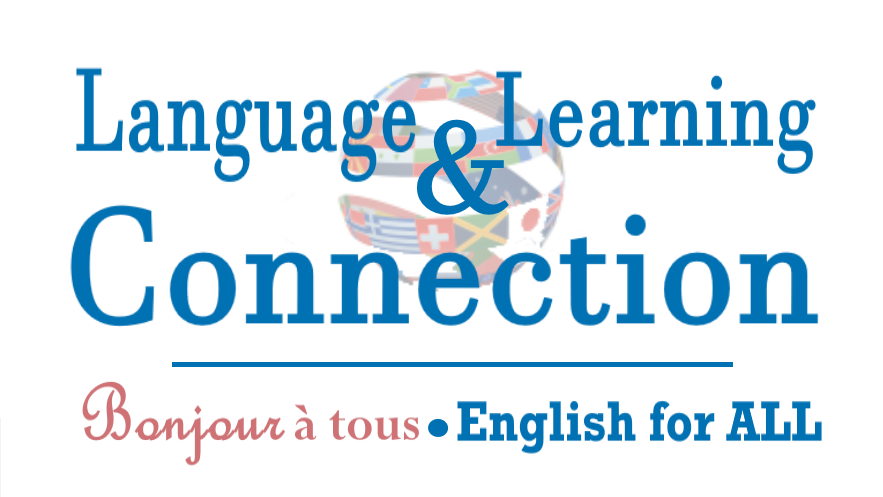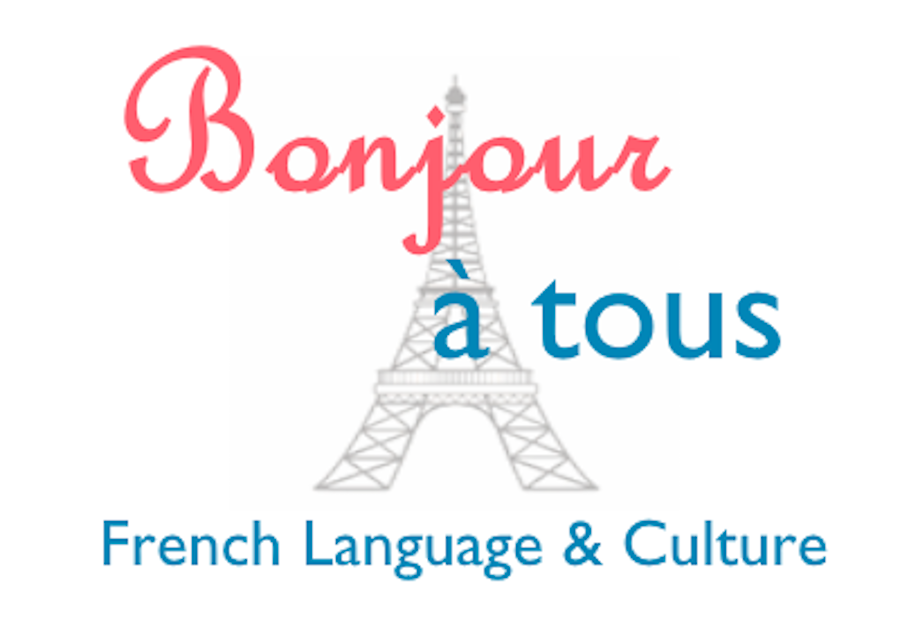How to Create a Lesson Plan 101
Obviously you are here because you want to learn French, right? But maybe you have a few questions on how to get started:
- There are dozens of courses, but where do I start?
- Am I a full-on beginner or do I have a base start of the language?
- What kind of learner am I ?
Visual - working best with pictures, videos, diagrams...
Auditory - even closing my eyes so I can hear better...
Kinaesthetic - I have to "do" physical or mental activities to best remember
Knowing your learning style and where you are in the learning process will help you determine the best path for you.
Fortunately, in each course the lessons are designed for a mix of all the above. They are interactive and full of videos, pictures, reading and listening to adapt to your best method for learning.
Write your awesome label here.
We suggest, even if you are an "advanced" beginner with some basic knowledge of the language and few words, start again from the beginning. This may sound tedious, but you will move along quickly, at your own pace, and most likely pick up on a new skill, vocabulary or pronunciation method that could help improve your learning efficiency
Below is a typical flow of learning through the courses. Consider this a "flexible" syllabus that can be catered to your goals. In each course you will find :
Another helpful method or selecting courses is the "Categories" which allow you to choose by entire Units (numbered) or by a specific skill you want to focus on such as verb conjugation, pronouns, phrases, questions, etc. The latter courses are also categorized into the Units, as shown below.
NOTE: Courses marked in this color are free.
All courses shown below are included in the Voyager Subscription plans.
Below is a typical flow of learning through the courses. Consider this a "flexible" syllabus that can be catered to your goals. In each course you will find :
- Visual aids such as videos, diagrams and images.
- Auditory learning through listening exercises and articles being read in French.
- And, for the "doer" Kinesthetic learner there are flashcards, puzzles and quizzes.
Another helpful method or selecting courses is the "Categories" which allow you to choose by entire Units (numbered) or by a specific skill you want to focus on such as verb conjugation, pronouns, phrases, questions, etc. The latter courses are also categorized into the Units, as shown below.
NOTE: Courses marked in this color are free.
All courses shown below are included in the Voyager Subscription plans.
Guided Lesson Plan
The Beginner - Getting started or Refresher
Unit 1
Unit 2
Unit 3
Advanced Beginner & Intermediate Learner
Unit 4
Unit 5
Unit 6


